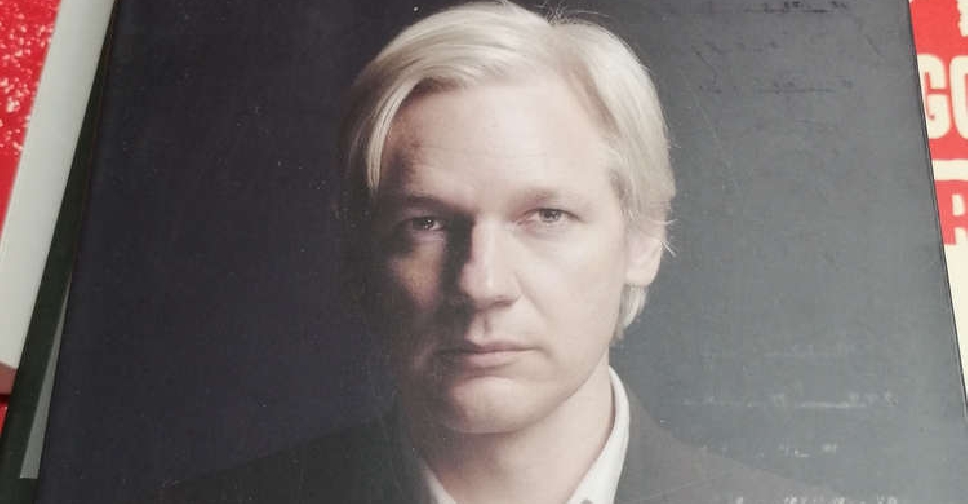
Australia's Foreign Minister Penny Wong said on Saturday the long-running case of imprisoned Wikileaks founder Julian Assange had gone on too long and needs to be completed.
Assange, an Australian citizen being held in Britain, is battling extradition to the United States, where he is wanted on 18 charges over the release of confidential US military records and diplomatic cables in 2010.
At a press conference in Brisbane after an Australia-US meeting, Wong said Canberra had made it clear that "Mr Assange's case has dragged for too long, and our desire that it be brought to a conclusion".
Speaking alongside Defence Minister Richard Marles, US Secretary of State Antony Blinken and Defense Secretary Lloyd Austin, Wong said representations had been made on behalf of Assange in public and private, but there were limits on what could be done until his legal proceedings concluded.
"I understand that Mr Assange has filed a renewal of appeal application in the UK. The Australian government is not a party to these legal proceedings, nor can we intervene," she said.
Blinken confirmed that Assange's case had been raised in the bilateral talks, saying he understood the views of Australians on the sensitive issue.
"Mr Assange was charged with very serious criminal conduct in the United States in connection with his alleged role in one of the largest compromises of classified information in the history of our country," Blinken told the press conference.
"The actions that he has alleged to have committed risk very serious harm to our national security."
Australia is backing a drive for Assange's release ahead of his possible extradition to the US Prime Minister Anthony Albanese said in May he was "frustrated" over the ongoing detention.

 UK inquiry finds 'chilling' cover-up of infected blood scandal
UK inquiry finds 'chilling' cover-up of infected blood scandal
 Iranian President Raisi killed in helicopter accident, state media says
Iranian President Raisi killed in helicopter accident, state media says
 ICC prosecutor seeks arrest warrants for Israeli, Hamas leaders
ICC prosecutor seeks arrest warrants for Israeli, Hamas leaders
 Assange given permission to appeal against US extradition
Assange given permission to appeal against US extradition
 Israel intends to broaden Rafah sweep, Defence Minister tells US
Israel intends to broaden Rafah sweep, Defence Minister tells US




